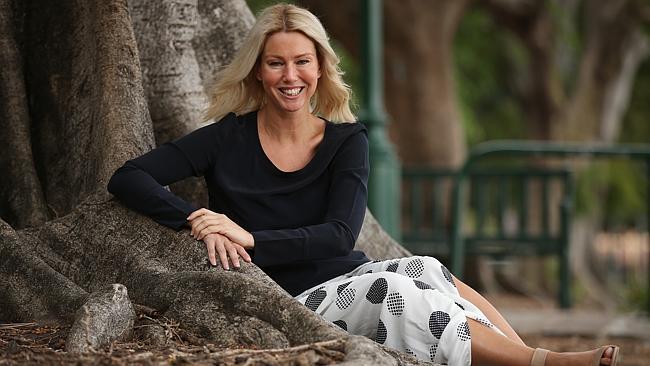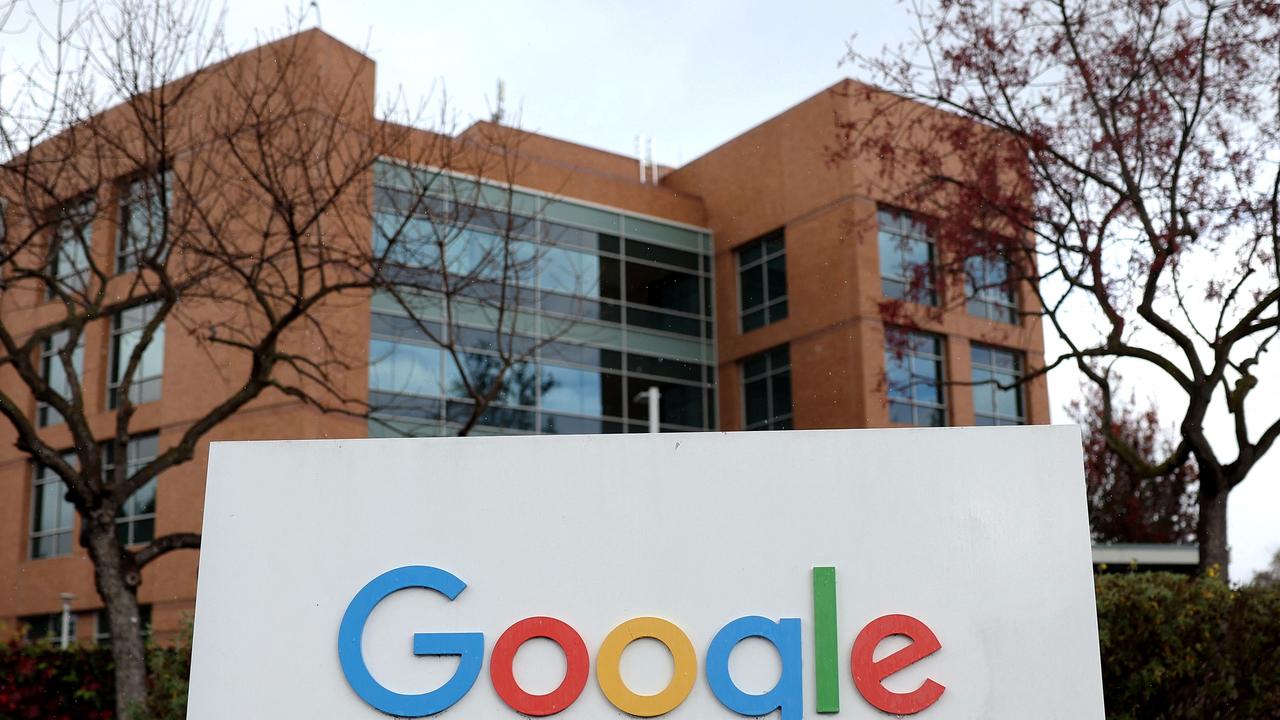Blue Sky boss Mark Sowerby backs staff to take challenges
BLUE Sky’s Mark Sowerby backs his staff to test their physical boundaries so that they can fight on behalf of clients.

Running a marathon, climbing Mount Kilimanjaro, trekking the Kokoda track or swimming the English Channel — corporate physical challenges are becoming a way to unite staff, improve working relationships and push staff to reach outside of their comfort zone.
Blue Sky Alternative Investments founder Mark Sowerby, 43, is taking physical and mental challenges to a new level by asking staff to take part in an event to push their boundaries, and his business is completely backing every endeavour through a scholarship scheme.
“We’re trying to get the team to get outside of their comfort zone and we’re trying to set an example,” Sowerby says. “It’s voluntary but not surprisingly the ones who take it on take it on well.”
Sowerby started Blue Sky seven years ago, on the eve of the global financial crisis. The Australian Securities Exchange-listed alternative assets business now employs about 80 staff nationally and controls more than $700 million worth of investments.
Sowerby says the company has grown steadily because it has a strong work ethic and staff who push themselves when times are tough, along with being invested personally in what they are selling, buying or managing.
The company deals with illiquid assets such as real estate and property developments, venture capital and private equity deals, hedge funds and unlisted infrastructure assets.
Sowerby says he expects his staff to invest as well, so that they have a greater understanding of their deals and can relate to their clients. It gives them skin in the game.
“The challenge in investing in illiquid assets is that it requires a different skill set. If you’ve got a problem you can’t get out — you’ve got to fight,” he says.
“We look for people who are going to dig in and not roll over. But because the economic climate isn’t tough, we’re trying to find ways to keep our staff challenged so they’re ready for the next crisis. Because they haven’t been tested, people don’t know what’s in them.”
He tells potential employees that working for Blue Sky will be hard and “they will suffer”, but the rewards include a good pay packet and performance-related returns.
Sowerby looks for people with experience, regardless of their age, and the capacity to stand up for a challenge. They will not be given a title or a carpark, and everyone is equal. Sowerby says there are no sacred cows.
“All of the money that we’re raising has been hard-earned through our deals and we don’t like losing people’s money,” he says. “ You’ve got to have sleepless nights. You’ve got to have people on edge; you’ve got to get that alignment with people being fit and healthy as well.”
It might sound like a work ethic that is incompatible with health and fitness, but Sowerby wants his staff to have a healthy mind and healthy body.
Blue Sky funds a physical and intellectual scholarship scheme that funds everything — from airfares to accommodation, entry or course fees — and provides time off for staff to take part in events. That may include workers sailing the world for six months as long as they return to the company.
He is about to send a team of 15 employees to go shark diving at Port Lincoln. Another is learning to swim. Five staff have just walked the Kokoda Trail, and four people ran their first marathon on the famed New York course earlier this month. Others undertook the Chain Reaction 1000km bike ride in Queensland, with very little cycling experience. Sowerby is swimming the English Channel next year. And his wife just competed in the Hawaii Ironman.
Corporate challenges are becoming increasingly popular, though many are undertaken by staff groups raising money for charities. Sowerby also encourages his people to raise money for charity, with many setting a minimum fundraising target of $5000.
Charity Challenges lists Kilimanjaro, a trek through India, Cycle Cambodia and Everest Base Camp among others as events people can sign up for.
Sowerby says his employees rise to the challenge, and none has ever regretted taking part.
Challenging oneself physically pays off for Blue Sky staff
ELAINE Stead admits she is not much of an endurance athlete, but the idea of walking the Kokoda track appealed to her.
“Because I’m a walker, I thought it was a great idea and it had been on my bucket list for a long time,” Stead says.
“I’ve got a whole line of family members who have been in the military; none fought at Kokoda but some had fought in World War II. Growing up in Australia, you can’t escape the folklore of Gallipoli and Kokoda.”
As Blue Sky’s investment director, Stead says staff are encouraged to undertake a physical or mental challenge annually and she leapt at the chance to trek Kokoda. With four other employees she undertook the challenge earlier this year and found the experience overwhelming.
“I was a hiker, I loved bush walking and getting out in nature but it was the first time I’d done a 100km trek over nine days,” Stead says. “It certainly was a stretch.”
Stead joined the company last year after studying science and realising she was more interested in the investment and commercialisation side of research.
She says Blue Sky sees the value in challenging staff, and thinks it fosters an entrepreneurial culture.
“The cadence at which we operate at Blue Sky is very fast, and because the nature of what we can do can be tough, what (Blue Sky founder) Mark Sowerby is asking us to do is set up neural networks to help us get through the tough times,” she says. “We manage people’s investments for a living and there are people’s life savings; we don’t want to be flippant.”


